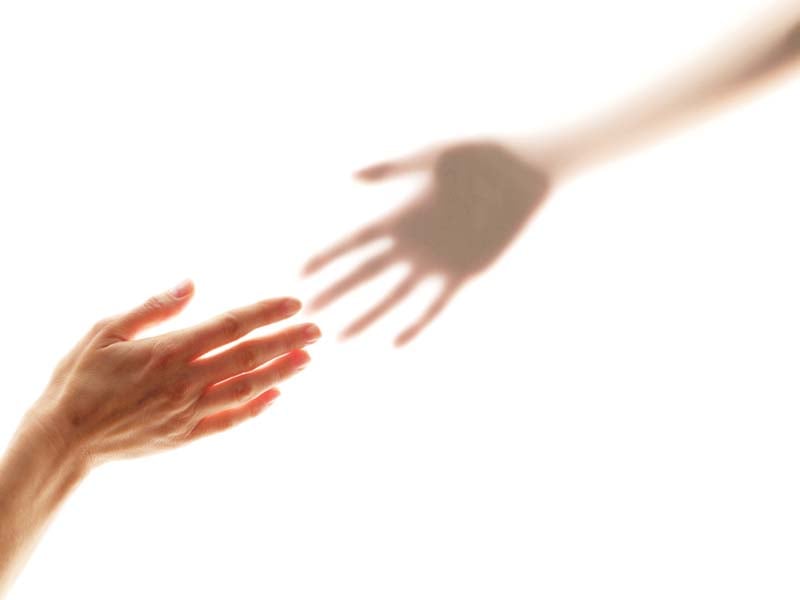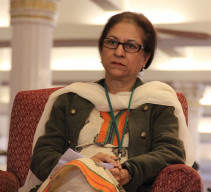
It’s that time in Pakistan, when we see our household helpers sweating as they wait for us outside tuition centres and restaurants. The women who care for our children and clean our homes tire more easily given the humidity. But this does not mean they do not work hard, harder in fact because summer means that the electricity bills go up with the mercury. The man who makes the meals at our homes is also worried about inflation. It affects the gardener too, who we scream at because there isn’t enough water for the plants. And us, the women, of society? Well, hasn’t the designer of the moment just released a new lawn collection?
On one hand is the lawn shopping and on the other the way we treat the people who work for us — a paradox that is eating away at society. I can imagine the aunty brigade stabbing the air with their manicured nails in response to this claim.
It’s not the lawn, ladies; it’s the way you buy it. I am definitely not arguing against buying it. All I am saying is that if we think about it, these very women, who are well off, well settled and well dressed, could play a part in being the thread to sew up these social differences. Your mother, sister, sister-in-law or grandmother are the ones who interact with their drivers, malis, cooks etc. But instead of rising above class differences, most of them maintain the status quo and in fact reinforce these limits.
There is a theory that there should be social balance and no one should live in oppression; it has been the principle behind many revolutions and is even connected to the thought of Quaid-e-Azam Mohammad Ali Jinnah, who could not bear regional differences, let alone class differences.
No one can really argue that class differences do not exist. Take this example: Many of us are fortunate enough to travel abroad. We often find ourselves being checked by US immigration officers because we are Pakistani. We will suffer this but we hardly think about inflicting it on someone else. When an HSY outfit or diamond earrings go missing in the house, the maid, the driver, the guard and cook are first to be accused, blamed and harassed.
Also indicative of this malaise is the way we treat people outside our class like the beggar boy at the car window. Shoo him away like an animal and it makes your driver feel like you are heartless enough to do this to his children as well. But consider giving him a mint or sweet from your purse and sympathize a bit and you’ve already started knitting the “quilt of social balance” ladies.
So please, the next time you want to go to the beauty parlour because you don’t feel presentable unless you’ve had a daily blow-dry, make sure that your maid has clean clothes to wear for the day.
Published in The Express Tribune, Ms T, April 28th, 2013.
Like MsT on Facebook for your dose of girl talk.
COMMENTS (4)
Comments are moderated and generally will be posted if they are on-topic and not abusive.
For more information, please see our Comments FAQ
















































Unfortunately class differences have been a part of our culture since forever and like it or not we're all snobs at heart.
The aunty brigade wont even be polite to another aunty if they're from the other side of 'kala pull' (if u know what i mean) let alone their poor support staff.
This definitely needs to change and its upto the new generation to make a difference now.
Very thoughtful... I hope your words touch the concerned hearts! it is important to identify and rectify such social issues! Kuddos to Inseya for bring up this up :)
A very thoughtful and well written article, calls for serious thinking.
In the subcontinent , Northies are known for their class divide. In both Ind and Pak, the southies are more down to earth.